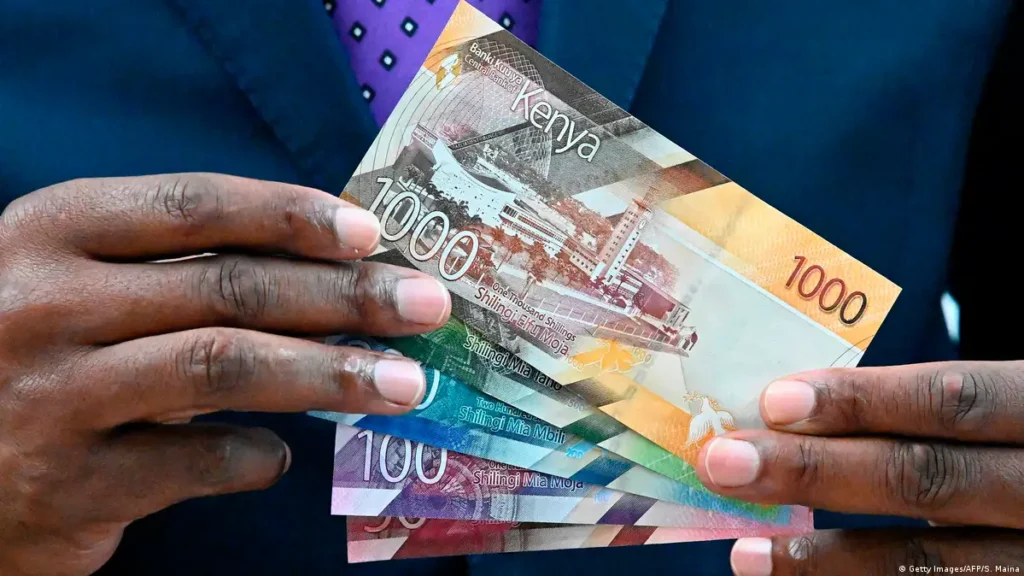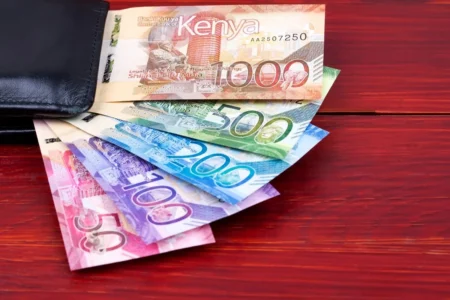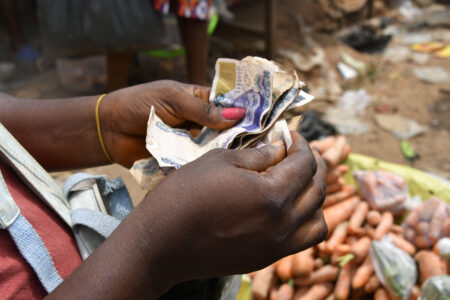- Kenya’s Eurobond will positively impact the exchange, inflation, and interest rates.
- Diamond Trust Bank revealed that Kenya’s $1.5 billion Eurobond attracted more than $6 billion in demand.
- Kenya’s $1.5 Billion Eurobond will also be used to offset $2billion Eurobond maturing in June.
The issuance of Kenya’s $1.5 Billion Eurobond is likely to ease concerns about the debt situation and lift the overall outlook for the country, one of the country’s banking industry players has said.
Diamond Trust Bank revealed that the new $1.5 billion Eurobond, which attracted demand of more than $6 billion, is likely to positively affect the exchange rate, inflation, interest rates, and government spending in the payment of debts and development.
Speaking at DTB’s Economic and Sustainability Forum, the bank’s Group CEO and Managing Director Nasim Devji said the recovery will be felt more in the second half of the year, and the economy will grow by 5.6 per cent.
“In 2024, we are more optimistic that the economic landscape will continue to evolve more favorably, and signs are already evident that we are turning around. Investor sentiment has reversed remarkably. I believe the glass is more than half-full,” said Devji.
The improvement in the economy is likely to be boosted by a recovery in supply chains as global supply shocks reduce, improved food supply because of favourable weather, and stability in the foreign exchange rate.
Speakers at the forum themed, “Reinvent and build business resilience in the era of economic uncertainty and climate change”, said there is renewed optimism in the economy.
“The Government is relentless in its quest to have strong macroeconomic and trade investment. The oversubscription of the Eurobond demonstrates confidence in the economy and we are happy that we have that done,” said Abubakar Hassan, the Principal Secretary for Trade.
Abubakar stated that the ministry had a three-pronged strategy. He mentioned that they were engaging on the cost of doing business to assess what needed to be reduced, focusing on the ease of doing business, and working towards harmonising county licensing frameworks, which the World Bank supported.
In a statement, the National Treasury said that Kenya’s $1.5 Billion Eurobond loan is divided into three instalments, has an average life of six years, and is expected to mature in 2031.
The government has reduced its chances of defaulting payment on $2 billion debt due mid-this year after successfully issuing Kenya’s new $1.5 Billion Eurobond.
Impact of Kenya’s Eurobond on Economy
Recently, the Kenyan shilling has gained over the dollar as most Kenyans flocked to various outlets to sell dollars in their possession.
Wednesday saw the Kenya shilling achieve its most substantial intra-day surge against the US dollar in the past 12 years, buoyed by a wave of investor confidence following inflows to settle the $2 billion Eurobond debt by the government.
The upswing propelled the local currency to its highest point since November of the preceding year, completely offsetting all losses incurred thus far in the current year. Notably, the shilling has demonstrated appreciation for an uninterrupted streak of 11 days, dipping below the Ksh153.75 mark at select commercial banks.
For instance, Equity Bank marked the dollar at Ksh153.75 on Wednesday, while KCB quoted Ksh157.5, registering the highest among the eight banks.#
Read Also: IMF eases Kenya’s Eurobond pressure with $684 million loan

Concurrently, forex bureaus traded the dollar within the range of Ksh152 to Ksh157. The previous day, the Central Bank of Kenya (CBK) had priced the local currency at Ksh156.7 against the dollar.
This shilling’s value is poised to mitigate import expenses denominated in local currency, benefiting importers who must expend less for the same volume of ordered goods.
According to Reuters, traders said Kenya’s central bank bought dollars on the foreign exchange market on Thursday to curb volatility as the shilling rocketed to its most substantial level since June 2023.
The central bank says it only intervenes to smooth out volatility when the shilling is moving too fast in either direction and that it has no preferred level for the currency.
At one point on Thursday, the shilling was up almost 8 per cent on the day, bid as strong as 139.00 to the US dollar, LSEG data showed, in a rally fuelled by foreign inflows into Kenyan domestic debt and the resolution of a $2 billion Eurobond maturing in June.
Experts reckon that with Kenya’s $1.5 Billion Eurobond, Kenyans should also expect increased government spending and a reduction in the government’s appetite for local borrowing. These factors will see an increase in market liquidity and a drop in lending rates.











